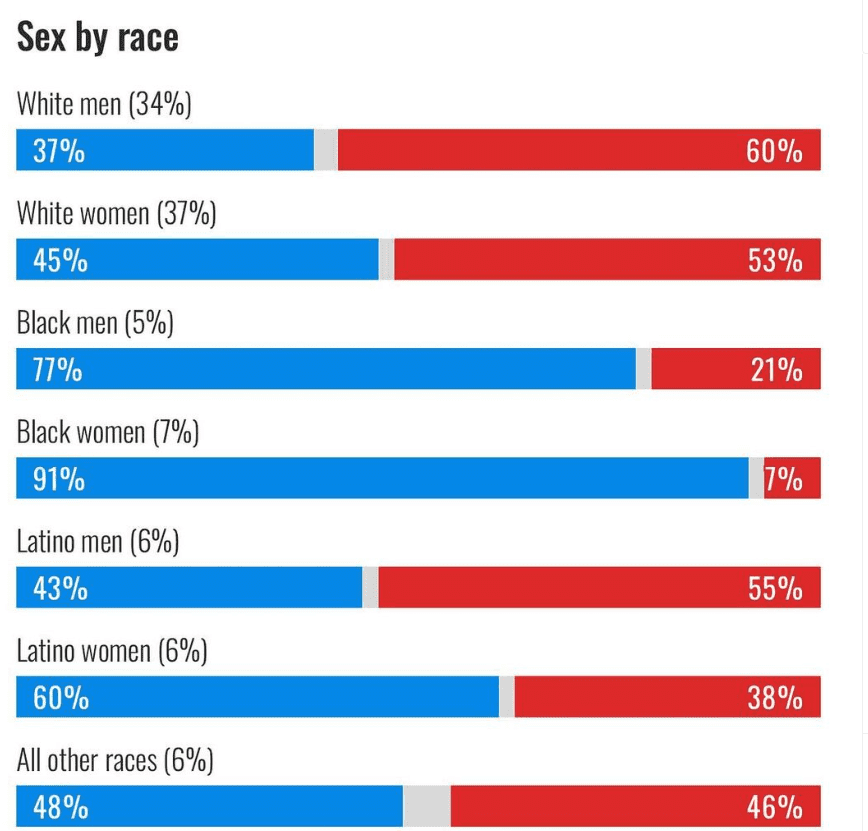Dear Kamala Harris
Dear Kamala Harris,
We want to take a moment to acknowledge the immense courage it takes to embrace the challenges of becoming the first woman president of the United States. Your journey was a bold and powerful statement in a historical context where, despite the efforts of remarkable women before you, we have yet to see a woman lead this nation.

In the 248 years since the founding of these United States, it is striking to realize that America are one of the few leading nations that have not yet elected a woman as president or prime minister. It is not for lack of determination; pioneers like Victoria Woodhull, who ran for president in 1872, faced significant hurdles that still resonate today.
There is much discourse surrounding your election, with some expressing that the decision was not influenced by your identity—whether it be your race, gender, or perceived outsider status. However, it is essential to recognize the voice of the American people, which has been loud and clear in their decision.
Many believe that the key issues at stake were the economy, the border crisis, gender equality, LGBTQ rights, and pressing global issues like the genocide in Gaza and a possible escalation of a nuclear WW3 with Russia.

Despite the criticisms about qualifications, it’s crucial to highlight your impressive credentials. You are a graduate of one of the most renowned historically black colleges in America, hold a degree in political science and economics, possess a law degree, and have served as a district attorney and as the Vice President for America, accumulating over 40 years of public service.
Your journey is inspiring, and it represents hope for many who dream of a more inclusive future.
Whatever the circumstances, the odds seemed overwhelmingly against you. As the presidential candidate with the briefest campaign, your role as Vice President, which primarily involved supporting the president, came into sharp focus. Throughout this campaign, your race became a central issue, underscored by comments from Republican presidential candidate Donald Trump. At a gathering of Black journalists, he suggested that you had previously downplayed your Black heritage, a narrative that quickly gained traction on social media and became a focal point of the election discourse.
Some individuals expressed concerns that, as a woman, you might be perceived as too emotional to engage effectively with formidable leaders like Putin and Xi Jinping. This perspective unfortunately mirrors deeper societal biases that persist today.
The reality is, Ms. Harris, the election of former President Obama stirred profound fears in many white Americans. By the conclusion of his second term, Donald Trump formally declared his candidacy on June 16, 2015, amidst the resurgence of the birther movement, an unfounded theory claiming that Obama did not achieve his presidency legitimately due to his birthplace. Ironically, just weeks before the 2016 election, Trump recanted, stating, “President Obama was born in the United States. Period.” However, he did not offer an apology to President Obama.

In Michael Tesler’s book, Post-Racial or Most-Racial? Race and Politics in the Obama Era, he discusses the expectations tied to Obama’s presidency—many believed it signaled a transition into a post-racial political landscape. Unfortunately, the reality has diverged significantly from those hopes. Tesler notes that political polarization around racial issues has intensified, with race increasingly shaping decision-making in ways that had not been seen before.

Despite pressing issues like the economy, immigration, gender equality, LGBTQ rights, and global conflicts, your race remains a factor that cannot be ignored. As Tesler highlights, some individuals even displayed greater affection for Obama’s dog, Bo, when they were told he belonged to Ted Kennedy. More broadly, Tesler argues that the rapidly intensifying influence of race in American politics is driving the polarizing partisan divide and the vitriolic atmosphere that has come to characterize American politics.
Ultimately, the persistent fears held by some white Americans might prevent them from fully embracing the possibility of another Black leader in the White House.


